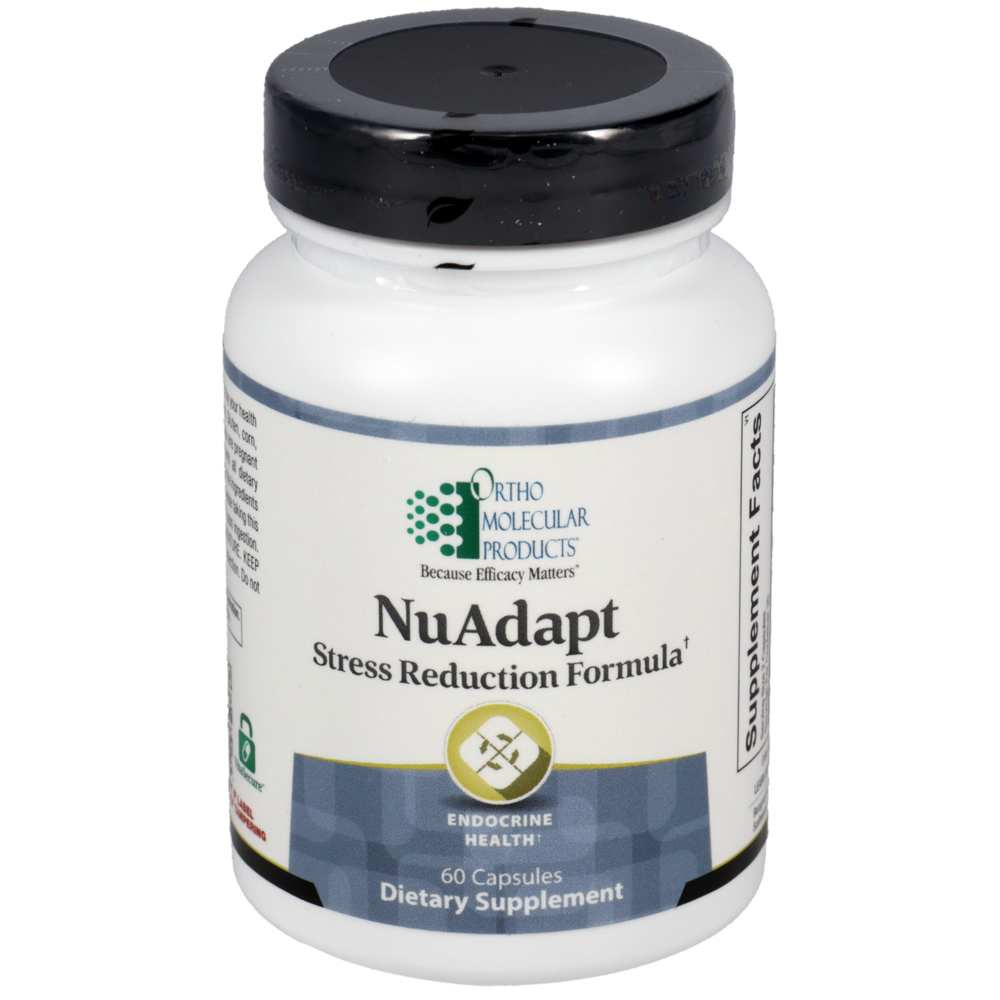
Rhodiola for Joy and Calm
Feb 04, 2021By Henry Emmons, MD
Rhodiola Benefits*
Rhodiola is one of a class of herbs known as “adaptogens”. These are tonic herbs that aren’t considered to be medicinal—that is they aren’t used to relieve a specific symptom. Adaptogens can have a broader positive impact on health, supporting one or more of the body’s important systems like the immune system or metabolism. In the case of rhodiola, it is primarily supporting the stress system—i.e., the adrenals and the autonomic nervous system.
Rhodiola is one of my favorite herbs for this purpose. I find that it not only helps down-regulate the stress hormones, but it also gives a gentle boost to energy without being overstimulating.
Anxiety, Depression, and Rhodiola*
Traditionally, rhodiola has been used for energy and mental focus, but more recently it has been studied for its benefits with anxiety and depression.[1] A small study at UCLA showed benefit with generalized anxiety with minimal side effects.[2] It has been shown to improve serotonin and dopamine levels as well as countering the effects of cortisol.[3]
I often recommend it over the winter months (October through April) for anyone with a tendency toward seasonal affective disorder, as it also seems protective against winter depression.
Rhodiola Dosage and Use*
The typical dose range for rhodiola is between 200-250 mg twice daily. Consider lower doses for children (e.g. 100 mg twice daily). Look for a standardized extract containing at least 3% Rosavins. It may be taken with meals (e.g. breakfast and lunch). Avoid taking it right at bedtime.
I think it is best to use rhodiola as part of a combination supplement that includes other herbal adaptogens, as they often work better together.
Of course, it's important to talk with you doctor before adding any supplement.
Rhodiola rosea Side Effects & Interactions*
Like other tonic herbs, rhodiola is considered safe, even for long-term use. It is not known to interact with other medications. I rarely see any side effects with rhodiola, but remember that it may be energizing so watch for any trouble sleeping or simply feeling overly revved up. If either of these happen, be sure to take it early in the day, and consider a lower dose.
Rhodiola Supplements at Fullscript, our partner store
Please note: The product links in this blog go to our partner store, Fullscript (with an ongoing 10% discount for you + free shipping on orders over $50). You must have an account to view products and shop. Create your free account at: https://us.fullscript.com/welcome/nmh/signup. Learn more about Fullscript here.
NuAdapt
NuAdapt contains a nootropic and a blend of adaptogenic botanicals and nutrients specifically formulated to counteract the effects of daily stress, improve mental performance, and support healthy energy levels.*
*Note: Some of the supplements discussed in this article can cause side effects, but many people tolerate them much better than prescription medications. They are generally considered safe, however, they should not be started without your doctor’s knowledge and supervision. If you are taking medication already, be sure to talk with your doctor before adding any of these items. If you are considering going off medication, remember never to stop your medication suddenly—always consult with your doctor about how to safely taper off any psychiatric medication. See terms. These statements have not been evaluated by the Food and Drug Administration. This product is not intended to diagnose, treat, cure, or prevent any disease.
RELATED ARTICLE
Phosphatidylserine for Joy, Calm, and Sleep
Phosphatidylserine, or PS (pronounced fos-fah-tie-dul-SEER-een) is what is known as a “phospholipid”—that is, it’s made up of both a fatty acid and an amino acid. Your body makes it from the ingredients in food. It is found in every cell in the body and it has a multitude of important functions. One of its biggest roles is to provide structure and support for brain cell membranes so that they can communicate properly with one another. Read more.
SOURCES
- V. Darbinyan, et al., “Clinical Trial of Rhodiola rosea L. Extract SHR-5 in the Treatment of Mild to Moderate Depression”, Nordic Journal of Psychiatry, 61, no. 5 (2007): 343-348.
- A. Bystritsky, et al., “A Pilot Study of Rhodiola rosea (Rhodax) for Generalized Anxiety Disorder (GAD), The Journal of Alternative and Complementary Medicine, 14 no. 2 (2008): 175-180.
- F. Khanum, et al., “Rhodiola rosea: A Versatile Adaptogen”, Comprehensive Reviews in Food Science and Food Safety, 4 (2005): 55-62.









